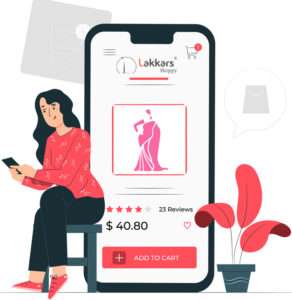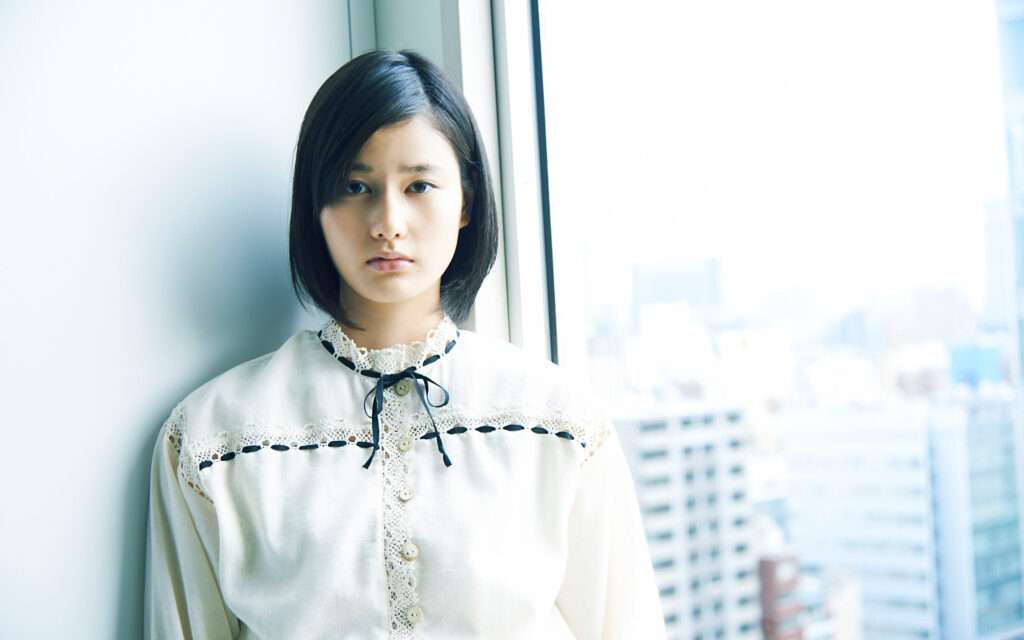
Festival Ambassador Ai Hashimoto
Since her debut in Tetsuya Nakashima’s acclaimed feature Confessions (2010) as a schoolgirl, Ai Hashimoto, 25, has built an impressive filmography, to say nothing of her television work, modeling and singing career (she’s signed to Sony Music).
The native of Kumamoto on Japan’s southern island of Kyushu has shown her versatility in appearing in everything from the horror of Sadako (2019) to the musical of Wonderful World End (2015), through to the year-long historical drama Reach Beyond the Blue Sky.
While there have been ambassadors in years gone by at the Tokyo fest from the model-singer-actress mold who appeared to have little more than a passing interest in the art of cinema, Hashimoto is clearly cut from a different cloth. Thoughtful and articulate, her love for film is palpably genuine.
Magazine reporter sat down with Hashimoto for a quick chat just before she stepped out onto the red carpet to ask about the meaning of film during the pandemic, gender equality in the Japanese industry and where films should really be watched.
What does it mean to you to be the ambassador for the Tokyo festival this year and what does cinema mean for you personally?
Over the years, I’ve been lucky enough for a large number of films I’ve appeared in to have been screened at the festival, and I’ve been here many times to watch films as a member of the audience, so it’s an event that I feel a close connection to. So to finally get the chance to be the ambassador for the festival was fulfilling a big wish. Films have helped me during difficult times, and there were periods when I experienced loneliness and I would go to the cinema every day by myself. Films really have taught me a lot of important things about life.
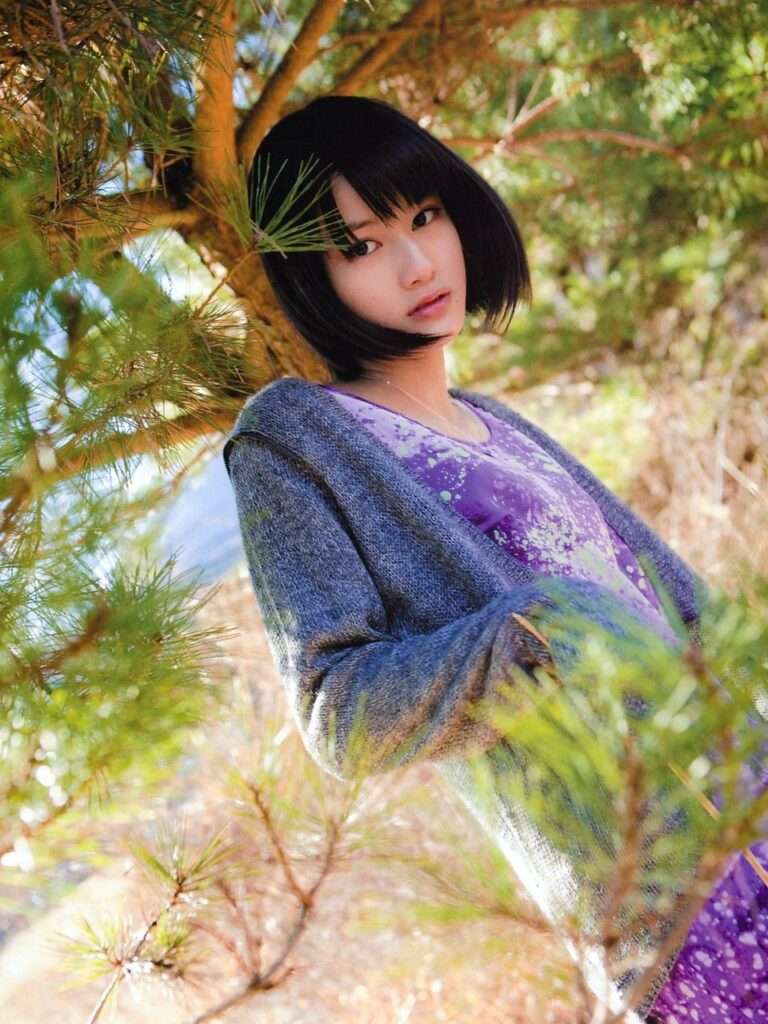
How significant is it for the film industry for Tokyo to be hosting a festival during times like these?
It’s not only films, all of the entertainment industry has been suffering over these nearly two years. Little by little, it feels like we’re seeing the light at the end of the tunnel now, so to be able to hold a festival, an event like this, really does have meaning for everyone involved. It feels like a source of hope. And looking at the lineup, there are loads of interesting Japanese films and overseas productions from directors I’m not familiar with. So it’s a beautiful thing that everyone, even people who are not necessarily film enthusiasts, can get access to these movies.
And how did the pandemic impact your work and you as a film fan?
Although some productions were delayed, people did somehow keep making films. None of the films I was involved in were cancelled, which I think reflects how much passion people in the industry have for filmmaking. However, the number of films from overseas being screened did fall and I couldn’t get to movie theaters much. But with the release of both Japanese and foreign films being delayed, it made me realize how important that event is. Something that we took for granted – the opening of a film – now felt kind of miraculous. It made me think more deeply about what films mean to us.
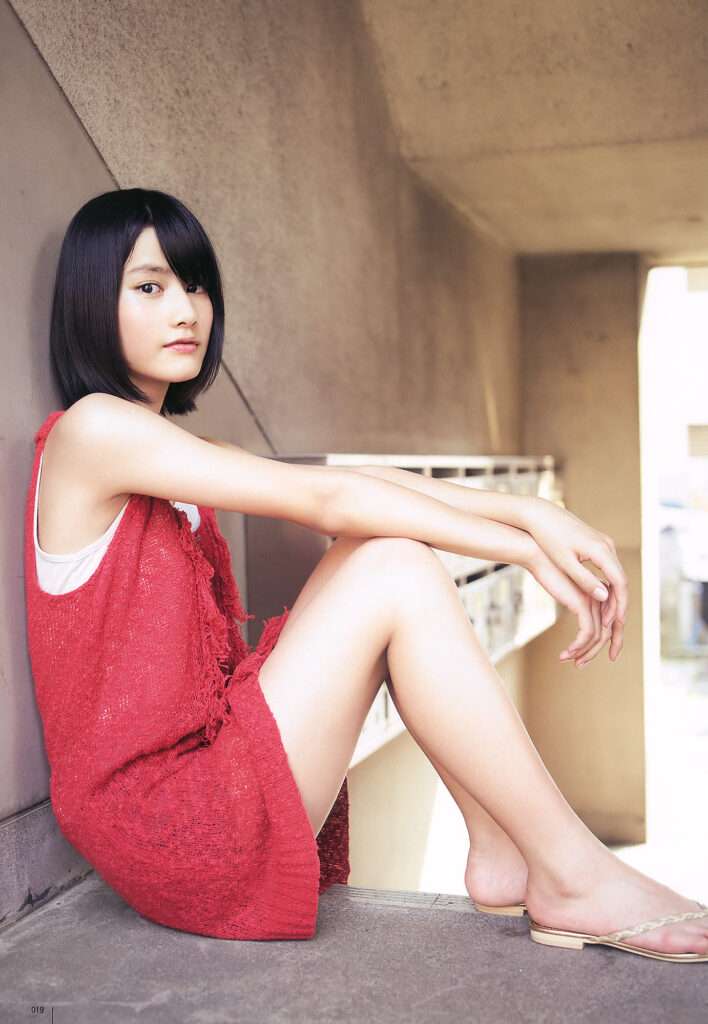
Tokyo recently became the first film festival in Asia to sign the Collectif 50/50 pledge. What are your thoughts on that and how the movement towards gender equality is progressing in the Japanese entertainment industry and how much has it changed in the decade since your debut?
It has been a situation where basic rights that people should have possessed, they didn’t, including as that relates to gender. So the situation is that finally what should have been the natural state of affairs is becoming reality. In a sense, we’re just getting towards the start line, but it’s important that more people are now conscious of these issues and this is beginning to happen. Of course, this is very complex and cuts across all areas of society and life, not just the entertainment business.
There are a number of influential and talented creators such as Shinji Aoyama and Hirokazu Kore-eda who are very conscious about this and reflect that in their filmmaking and the things they say. That is really heartwarming, that it’s not only women fighting for this but men supporting it as well.
I have felt changes in the industry. As an actor, we tend to be treated well, but when I look at the crew and other staff… there have always been more men, and the proportion of films that I’ve been in that had female directors is extremely low. I think people are more conscious about this and the environment is getting better, but there still remains a lot of work to be done.
How do you see the rise of streaming services impacting Japan’s film industry and would you consider an offer from one of the platforms?
Actually, I’m working on a production for one of them now but it’s not announced yet so I can’t talk about it. I feel like it is the shift to a new era that we’re in. I see the merits of being able to see a lot of different movies and it being easy on the wallet. It makes films more accessible; you can watch them on your phone on the train. When I started my career, the films I was in could only be seen in the cinema, and I do feel that they were made to be watched that way. If you see them on a phone or even a TV screen at home, some elements of a film can’t be 100 percent experienced. Watching a film in a cinema is an experience that can have an impact on your life — it’s not just taking in data.
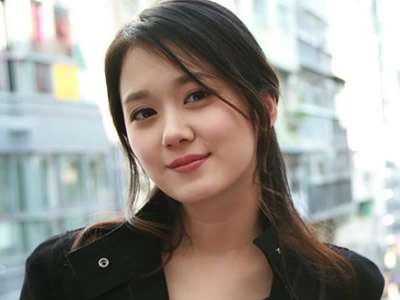
Ms Jung So-min is an Author from south Korea for Lakkars Magazine she is the Head of East Asia.
